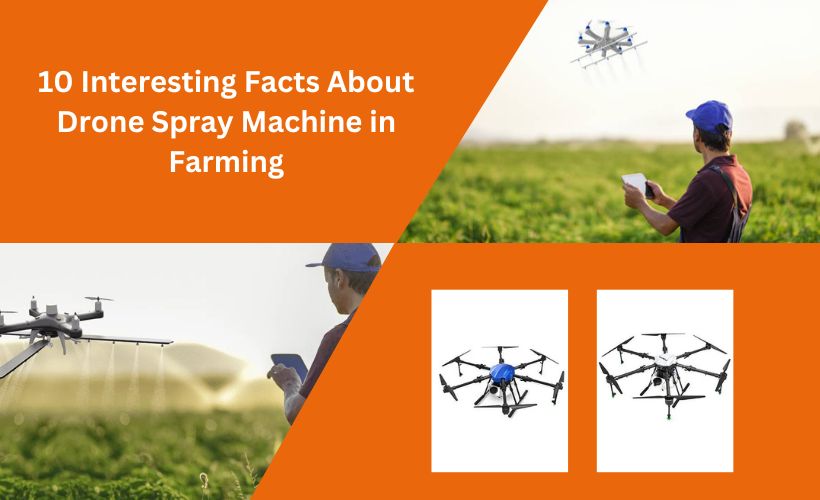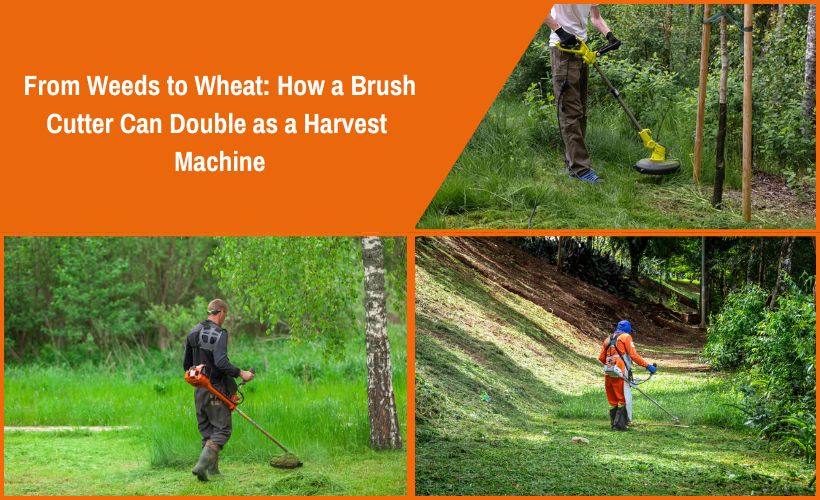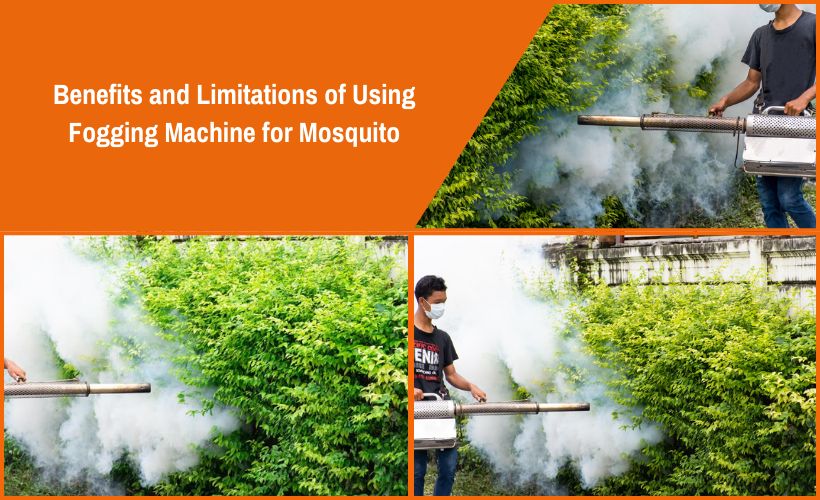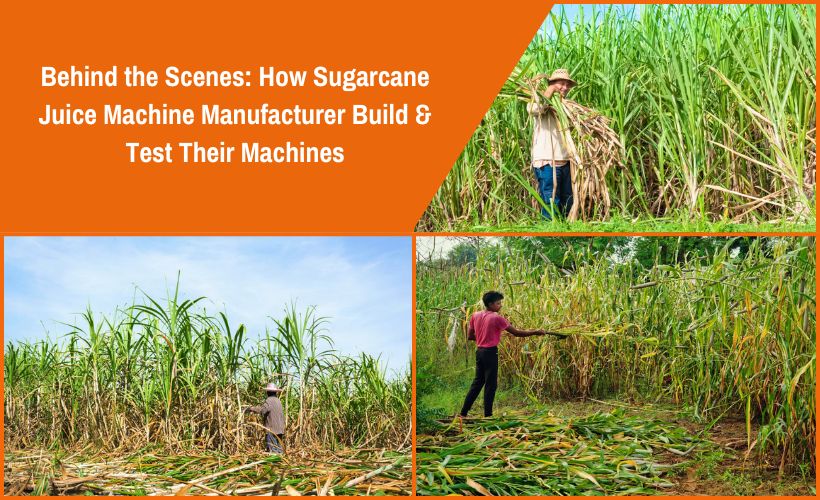Recent years have witnessed tremendous progress in the use of technology in agriculture, with the drone spray machine—also known as the agriculture spraying drone—emerging as a key invention. This technology could revolutionize farming methods, increase productivity, and lessen their negative effects on the environment. Let’s examine ten intriguing facets of agricultural drone sprayers and how they are revolutionizing contemporary farming.
1. Agriculture Precision at Its Finest
Precision agriculture is best exemplified by drone sprayers. With the help of their sophisticated sensors and GPS capabilities, these devices can precisely target crops when applying fertilizer, herbicides, and insecticides. Drones used in agriculture ensure that pesticides are applied precisely where needed, minimizing waste and increasing crop yields, in contrast to traditional methods which can be erratic and wasteful.
2. Rapidity and Efficiency
Conventional spraying techniques, such as tractor operation or manual work, can be labor- and time-intensive. Drone machine sprayers for agriculture swiftly and effectively cover wide regions. An acre can be treated by a drone in 10–20 minutes as opposed to the hours that ground-based techniques need. During peak growing seasons, when timely application can make a big difference, this quick deployment is essential.
3. Decrease in Chemical Utilisation
One way to reduce the amount of pesticides needed in farming is by using a drone spray machine. These drones lessen over-application and runoff, which can damage nearby ecosystems, by carefully targeting exactly the regions that are required. This reduces farmers’ expenses while simultaneously minimizing the environmental impact of agricultural methods.
4. Improved Security
Farm laborers are safer while spraying with drones. Drones lower the danger of chemical exposure and accidents by enabling operators to stay at a safe distance, unlike traditional spraying, which frequently exposes workers to hazardous chemicals. This is especially crucial when working with dangerous or toxic materials.
5. Velocity and Flexibility
Agriculture spraying drone may adapt quite well to different crop varieties and terrains. Drones can operate in a variety of terrain, from a mountainous vineyard to a level field, guaranteeing even and complete application. They are useful in a variety of agricultural environments, from large-scale farms to smaller, more specialized operations, due to their versatility.
6. Analysis and Data Gathering
Agriculture drone sprayer of today come with sensors and cameras that gather information on plant growth, soil quality, and crop health. By analyzing this data, problems like nutrition shortages, pest infestations, or illnesses can be found early on. Drones contribute to the development of targeted treatment plans that result in healthier crops and maximized yields by merging this data with application methods.
7. Economy of Cost
Drone spray machines can have a large upfront cost, but there are several long-term advantages, including huge cost reductions. Drone sprayers are often more cost-effective due to decreased chemical use, labor expenses, and increased agricultural yields. A farmer’s investment usually pays off in the form of increased output and lower input costs.
8. Environmental Impact
By reducing their environmental impact, agricultural drone sprayers support environmentally friendly farming methods. By using precision spraying, soil pollution is decreased and chemical runoff into water sources is minimized. Drones also consume less fuel than conventional machinery, which helps to lessen the crop management industry’s carbon footprint.
9. Adherence to Regulations
Farmers can comply with more strict agricultural rules with the use of drone spray devices. Application accuracy guarantees that chemical usage stays within allowed limits, and the ability to keep thorough spraying records makes compliance reporting simpler. In areas where environmental and safety laws are stringent, this expertise is essential.
10. Upcoming Developments
With continuous technological developments, the future of drone spray machines is bright. Drones used in agriculture are predicted to perform better thanks to innovations including AI-driven route planning, machine learning for crop health diagnostics, and integration with Internet of Things (IoT) devices. These advancements will boost productivity, precision, and the capacity to manage crops with the least amount of human involvement.
Conclusion
Drone sprayers for agriculture are a major advancement in farming technology. They are a vital tool for contemporary farmers because of their capacity to improve accuracy, productivity, and safety. Drones support sustainable farming operations by minimizing chemical use and their environmental impact; additional improvements in technology are expected to further increase drone capabilities. Drone machine integration will be essential to fulfilling the demands of a growing global population while protecting natural resources as the agricultural industry continues to develop.
Frequently Asked Question
Q1. What are the primary advantages of drone machine equipment in agriculture?
There are many advantages to using drone sprayers, such as:
– Precision
– Efficiency
– Safety
Q2. What are the environmental effects of drone sprayers?
Drone sprayers benefit the environment in the following ways:
– Reducing Chemical Runoff
– Lowering Contamination of Soil
– Reducing Carbon Footprint




